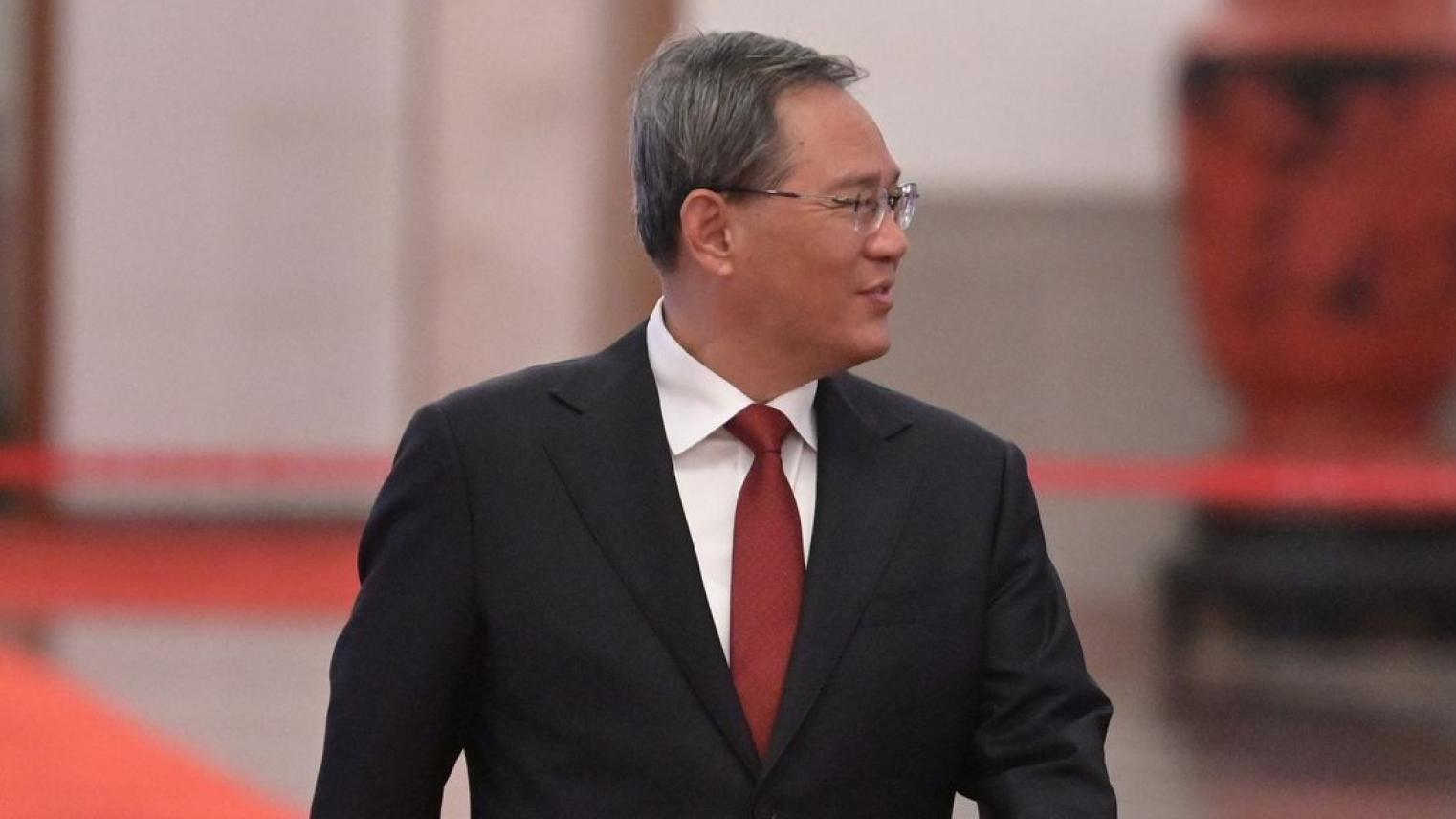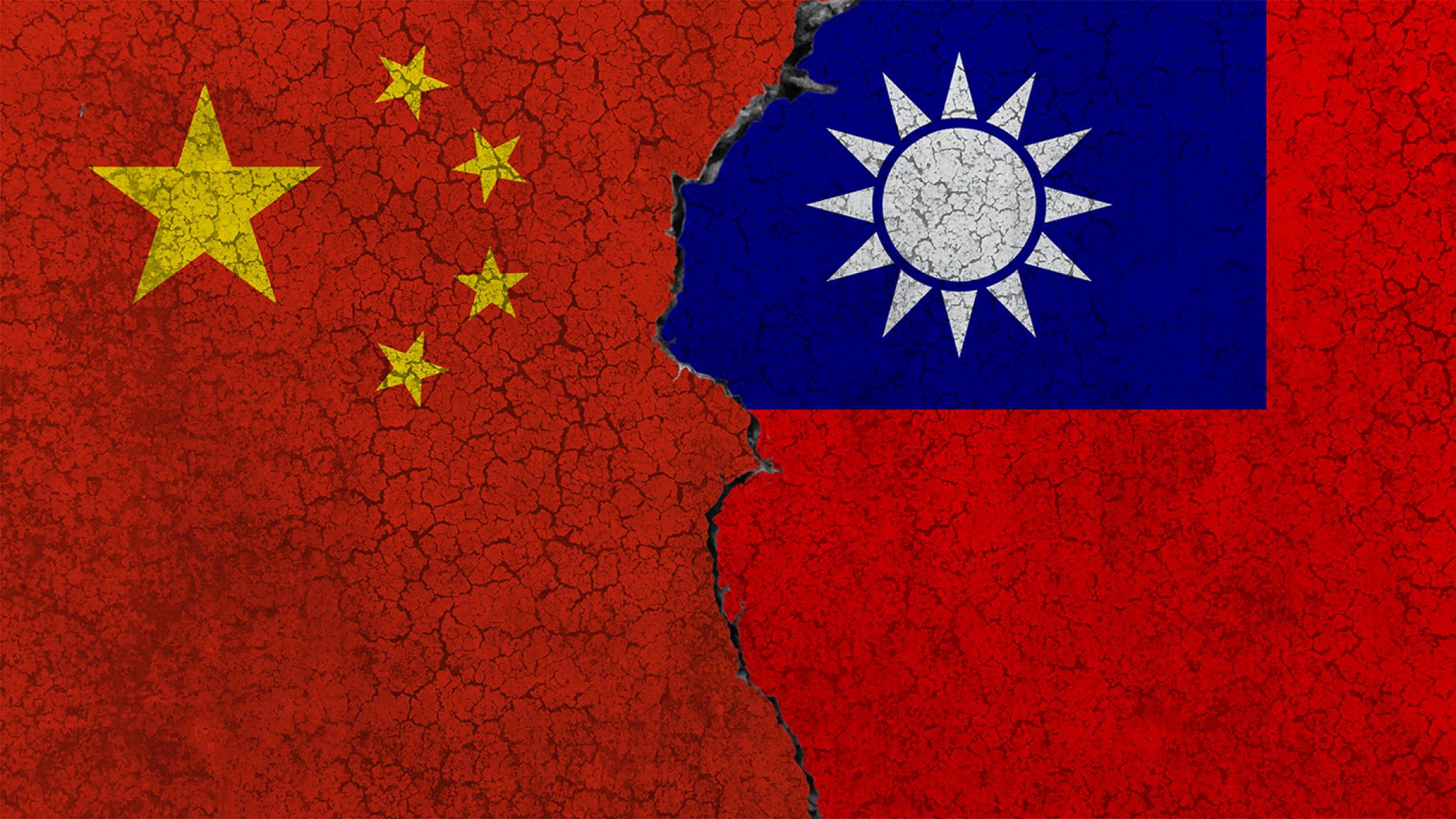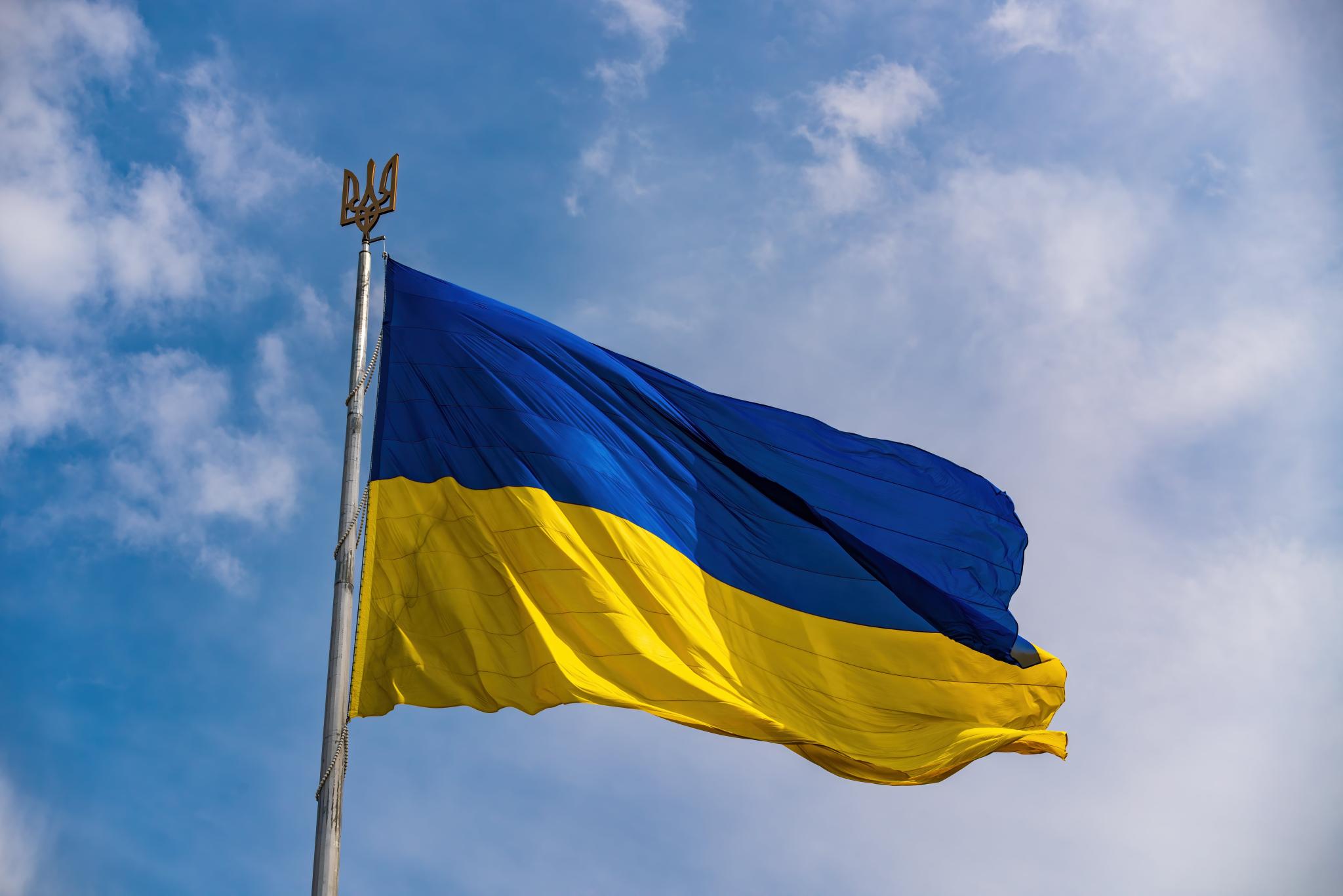Li’s visit may be a good as it gets for China ties

Like any sensible zookeeper, Prime Minister Anthony Albanese is handling the China relationship with caution and care.
The government can be commended for the accomplishment and choreography of hosting Chinese Premier Li Qiang’s visit this week.
But if history doesn’t reveal this to be quite the peak of the government’s “stabilisation” agenda, then we are very likely to be on the plateau.
The main achievement of the visit was the fact that it happened.
Dialogue is vital. Australian statecraft has ably leveraged Beijing’s willingness to talk after the years of futile economic coercion and diplomatic freeze.
But not unlike breeding giant pandas, expectation management must be the watchword for whatever next season may bring.
The ritual and rhetoric of Premier Li’s visit overwhelmingly focused on areas of mutual gain, mostly trade. Even in economic domains that cross thresholds into trust, knowledge and society – technology, investment, innovation, education – the new normal is of modest and measured aspiration, bounded by security concerns.
The Chinese regime has no illusions that we are on opposite sides.
For the strategic environment is of intensifying competition, an accumulation and acceleration of risk.
The government’s public utterances during the Chinese deputy leader’s visit included polite reference to “strategic competition” and “rivalry”.
It would be a mistake to pretend these exist only out there in dark places beyond the reassuring flat earth of bilateral relations.
The tragic reality of the 2020s is a world of all-round struggle over power, influence, values and rules that China, as a hard authoritarian party-state, wages without relent.
It’s regional, global and full-spectrum: not just military but reaching into economics, technology, resources, energy, sovereignty, institutions, data and what people think.
Australia, a multicultural liberal democracy of 27 million, is both player and terrain in this contest. What we are not is neutral or a bystander.
This informs the Indo-Pacific strategic agenda of building the strongest possible web of allies and partners, commenced under previous governments and quietly adopted and refined by the current one.
The Chinese regime has no illusions that we are on opposite sides. It’s structural, in interests, values, identity and the kind of region we seek.
The myth that strategic competition is all about America and China vying for primacy plays into one of the Chinese Communist Party’s most weaponised false narratives. This is the claim that Beijing alone speaks for the region.
The fact that many of China’s frictions are actually with its neighbours was literally rammed home during Li’s visit, which coincided with the most dangerous escalation yet of China’s forceful intimidation of the Philippines.
About as soon as Li had left the country, Australian officials declared “grave concern” at the “dangerous and illegal actions” of Chinese vessels ramming the smaller boats of Filipino navy personnel seeking to resupply their compatriots on an outpost in their own Exclusive Economic Zone.
This injured Filipino sailors, only weeks after the Philippines’ President Marcos warned a regional security summit that if such an incident caused fatalities it would bring the region to the brink of war. That same summit also heard new levels of Chinese rhetoric threatening conflict with Taiwan.
It was welcome this week to see the inroad of China agreeing in principle to convene a future “maritime affairs dialogue” with Australia, after so many dangerous incidents against our forces. But dialogue is what many nations have been seeking or conducting with China over many years, while its deliberate recklessness at sea and in the air has continued.
Of course, conflict is already raging in Europe and the Middle East. China’s unapologetic reinforcement of Russia’s war economy is a critical factor in preventing a just peace in Ukraine.
It was understandable that Albanese, and even his foreign and defence ministers, would prioritise China dialogue over the Ukraine peace summit in Switzerland this week.
But supporting Ukraine against Vladimir Putin’s violent attack on the UN Charter is vital to Australian interests and values alike, including to demonstrate in our region that aggression cannot be allowed to succeed.
To her credit, Foreign Minister Penny Wong was direct in noting, on the eve of Li’s visit, that the Australia-China contest for influence in the Pacific is a constant preoccupation.
And with other key ministers she went straight from talks with China to government-wide dialogue in Papua New Guinea, to reinforce Australia’s place as a truly comprehensive partner to our closest neighbour.
The context of contest was also impossible to hide on Australian soil. Amid the understated Aussie pomp of his reception, Li would hardly have missed the cordoned protests on Canberra’s capital hill – with Tibetan flags and other banners of dissent in prime middle spot.
Then there was the affront of Chinese officials physically attempting to obstruct an Australian journalist in Australia’s parliament. Cheng Lei is no longer their political prisoner, though another Australian, Dr Yang Hengjun is.
And none of this is to dwell on the contest most of us do not see, the cyber, espionage and interference operations that, it’s credibly assessed, are continuing each day, or the countermeasures that occupy our intelligence agencies.
Australia and China should strive to coexist peacefully, respectfully and productively too. Trade and prosperity are compelling priorities.
But no amount of wine can drown the long-term logic of diversification to avoid acute dependencies that remain vulnerable to being weaponised.
Sustainability involves geopolitics as well as ecology. For the foreseeable future, the strategic environment will remain conducive to breeding black swans (the crises we weren’t warned about) as well as black elephants – the ones we were.


